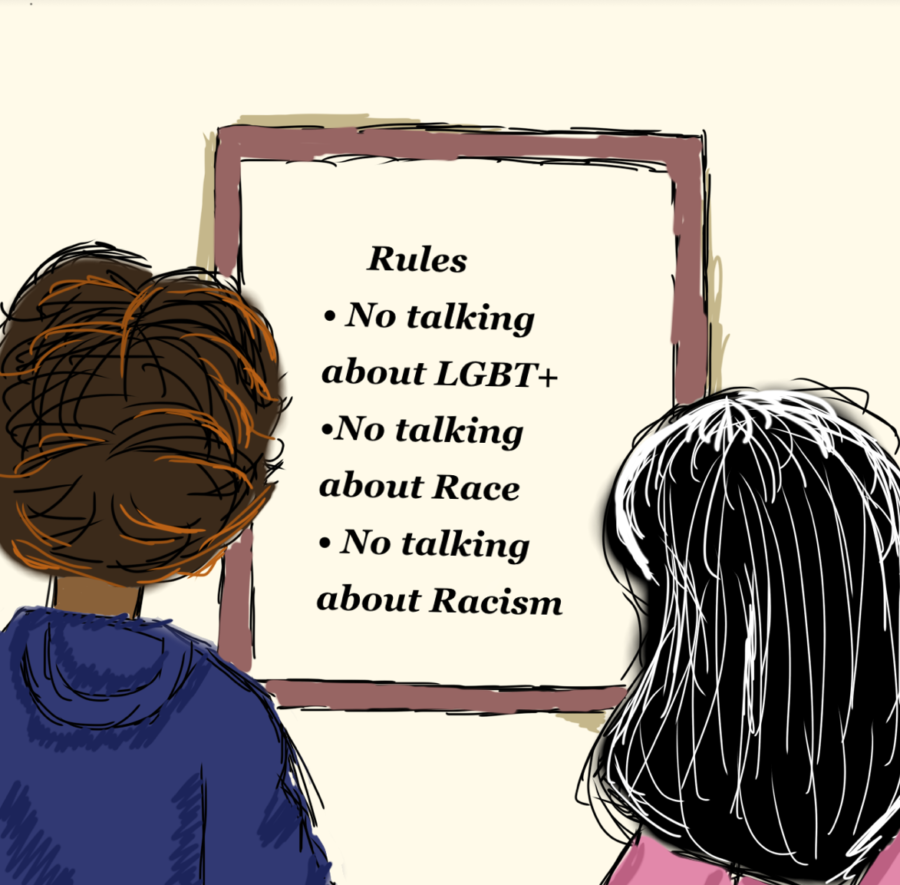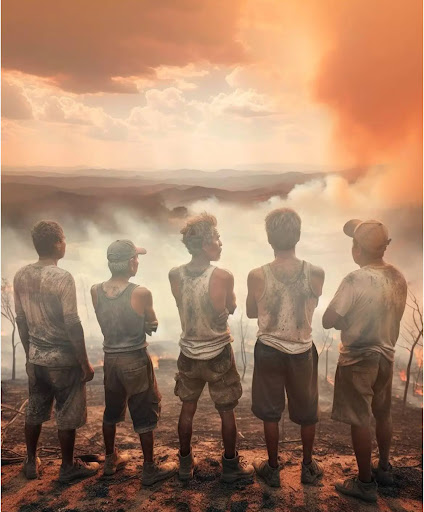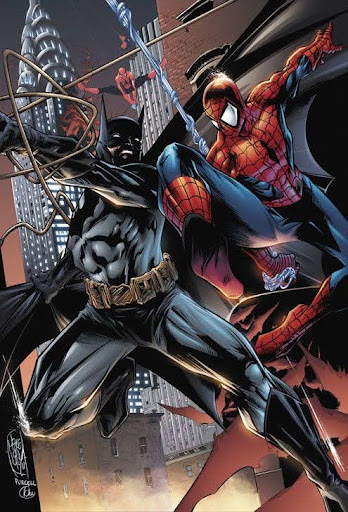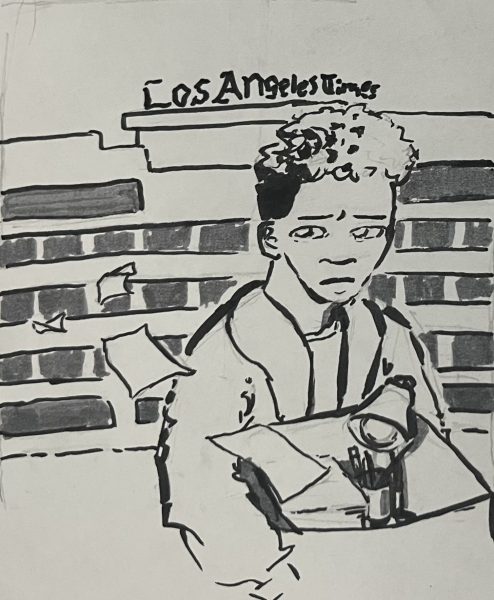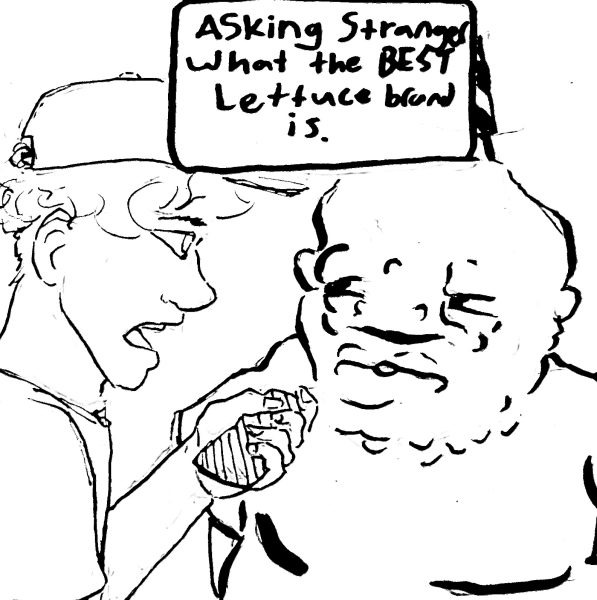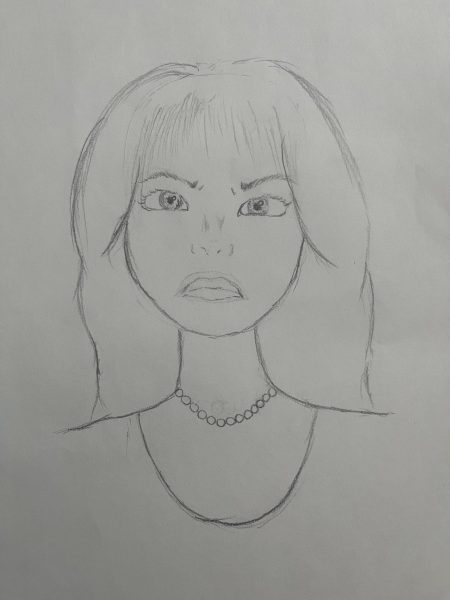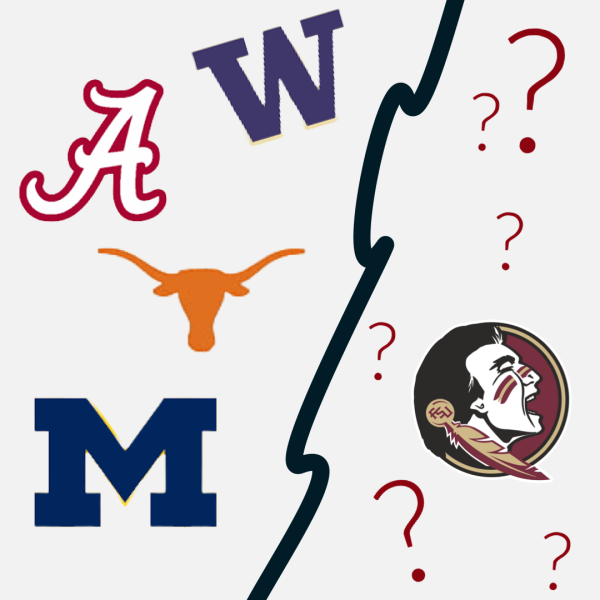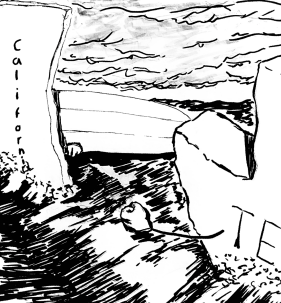Censoring Education Isn’t Protecting the Children
March 7, 2022
Recently, Florida has passed a bill that has even President Biden baffled. The bill in question is the “Don’t Say Gay” bill which states school districts “may not encourage discussion about sexual orientation or gender identity in primary grade levels or in a manner that is not age-appropriate or developmentally appropriate for students.”
All of this blatant discrimination is for the sake of “student safety.” How is limiting their knowledge and muffling student experiences keeping them safe?
A big concern with this bill is how broad the “discussion of sexual orientation and gender identity” is. Teachers and school administrators can create an unsafe environment by making students feel like they should be ashamed of who they are or the family they come from. The worst part is it also allows schools to ignore LGBT history and topics that have an impact even today.
History is history. History already happened and you can’t replace or ignore what happened. Preventing students from learning all parts of history for the sake of not wanting to admit America has done many wrong things is extremely dangerous. It’s a breeding ground for ignorance.
The two main things I see targeted by these types of bills are any discussion pertaining to race and LGBT history and topics. The biggest parts of history are being taken out of curriculums! I know in California we don’t face this issue that much, but even our own textbooks don’t tell us the full story.
The best history teachers I’ve had never followed the textbook or they went deeper than the book could. It was always surprising to hear from teachers that even our textbooks, which are supposed to be the foundation for our learning, only tell a fraction of the story.
Unfortunately, not all history teachers take the extra step to make sure almost every corner of history is taught. There’s so much of history that goes unnoticed for the sake of getting the curriculum covered, or in worse cases such as the “Don’t Say Gay” bill, don’t get noticed for the sake of people’s own personal bias. Did you know that Rosa Parks also investigated sexual assaults of black women for the NAACP?
Discussions about race issues, LGBT issues, and issues in America shouldn’t be banned in classrooms. Terrible things have happened in history due to ignorance, so why are we allowing ignorance to thrive yet again?
Banning discussions around minorities in America just sends a message that we’re bad and shameful. BIPOC students miss out on their own history and LGBT students are pushed further into seclusion because they’re not accepted. School is supposed to be a safe place where we not only learn but also grow as people. As we grow older we learn to think for ourselves and school is supposed to be the foundation for that.
It’s scary hearing how many adults nowadays say they didn’t learn important parts and facts from history until they got older and did their own research. I’ve seen so many comments on TikToks shocked at how much of history they didn’t learn in school, and it’s embarrassing seeing “educated” Americans not knowing impactful moments of history like the Holocaust. It’s dangerous allowing so many people to be completely oblivious to what really happened. This is how bigotry lives on.
We’re the future, yet the steps for us to create a brighter future were faulty from the start. How’re we supposed to help create progress when part of our learning is held back by politicians? How’re we supposed to help make our country better when half of it is taught only one narrative?
Ignorance shouldn’t be the foundation for a good education. People did bad things in history. Absolutely horrendous things were said and done, but we will never make progress if we continue to ignore it and move on rather than learn from it. LGBTQ+ people aren’t going anywhere. History will repeat itself if we don’t teach people about important topics properly. The U.S is called the melting pot of the world, yet it seems not to understand how significant that is.

